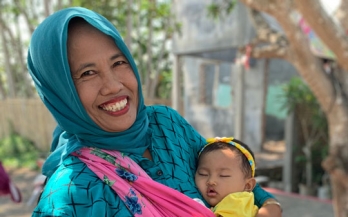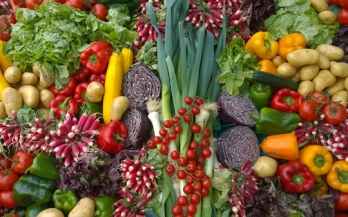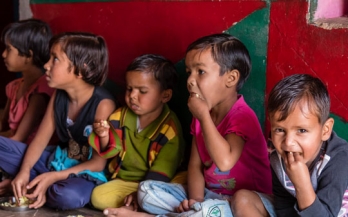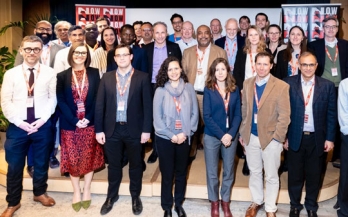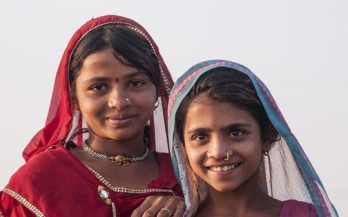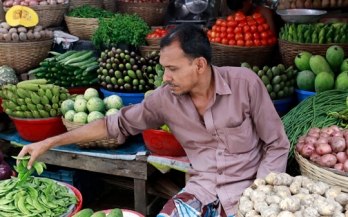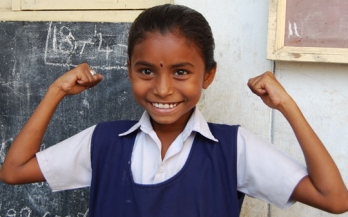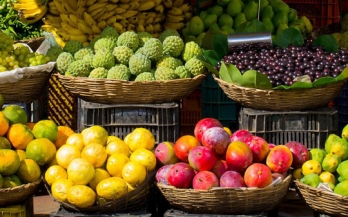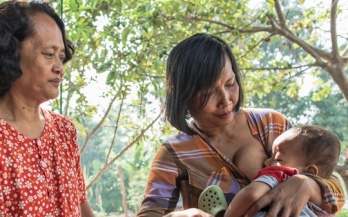A critical element to improve children’s health and reduce child malnutrition is changing behaviours and practices around maternal and infant nutrition. In Indonesia, mothers are generally aware that exclusive breastfeeding for six months is best for their child, and that they should continue to breastfeed for a further eighteen months with complementary foods.
I go to many meetings where the term "food system transformation" is bandied about. Sometimes the term goes unquestioned - for some people it has entered into the rarefied atmosphere of development jargon. But increasingly (thank goodness) the question is being asked: what does food system transformation mean? So what is the answer?
Pellagra. Beriberi. You likely haven’t heard of these debilitating diseases: they were virtually eradicated more than 70 years ago by adding essential vitamins and minerals to commonly consumed staple foods and condiments. One of the most common forms of fortification, salt iodisation, is now practiced in more than 160 countries and is credited with preventing 750 million cases of goitre over the past 25 years.
Most people, including low-income households in developing countries, buy their food from markets, both formal and informal. Therefore, it makes sense to treat them as consumers. At GAIN, our aim is to enable these consumers to improve their diets through increasing consumption of nutritious and safe foods, because a good diet is central to tackling all forms of malnutrition.
Every year UNICEF issues an authoritative review called the “State of the World’s Children”. GAIN is proud to have worked closely with UNICEF on its 2019 report issued in London yesterday. The focus of this year’s report is on nutrition and diets. The State of the World’s Children last addressed malnutrition 20 years ago, and much has changed since then.
In October, over 80 cities came together in Montpellier, France to review implementation of the Milan Urban Food Policy Pact (MUFPP). An increasing number of cities are signing the Pact (it has currently over 200 signatory cities), with 25 signing during the meeting.
Poor nutrition is an untrenched global challenge that impacts many of the 17 UN Sustainable Development Goals. Solving it will require a significant capital infusion in a more local, more sustainable, global food system able to deliver more affordable healthy food. That’s a big opportunity for impact investors.
I just completed a trio of meetings in Asia (TICAD), Africa (AGRF) and North America (UN General Assembly) all of which had a strong set of dialogues around food systems, asking how they need to be rebuilt to promote human health, rural livelihoods and planetary health.
This week is World Breastfeeding Week, honouring one of the most effective and cost-effective nutrition interventions around: human breastmilk contains all the nutrients needed for young infants, conveying health benefits for both babies and mothers.
Last week GAIN awarded the outgoing Director General of the Food and Agriculture Organization (FAO), Dr Graziano Da Silva, the 2019 Nutrition Inspiration Award. When looking back at Dr Da Silva’s tenure at FAO it is surprising at how revolutionary it has been. Unlike some others in our field, Dr Graziano has grasped that the world of hunger and nutrition is rapidly changing and he has equipped FAO to address those challenges.
